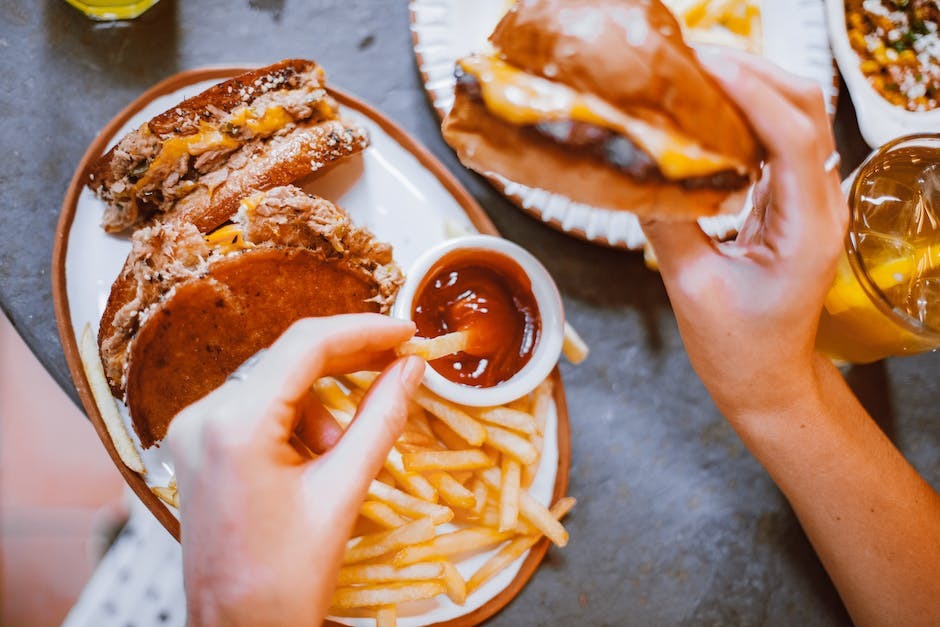
Food addiction is one of the most misunderstood and maligned addictions. It’s easy to see why. Food is necessary for survival. How can someone be addicted to something they need? Drug, tobacco, and alcohol addictions are so prevalent that we’ve become desensitized to the terms. As a result, food addiction is kept secret and carries a damaging stigma.
A person addicted to food has two enemies: rationalization and denial. When family members comment on how much food their loved one is consuming, that person refutes the criticism. This exchange usually ends in anger and tears. It’s a never-ending paradoxical cycle because the person knows they’re eating too much, but they can’t stop.
Food Addiction Has the Same Components as Substance Addiction
The correlations between food addiction and substance addiction are pronounced. The main commonality of all addictions is what happens in the brain during usage. Whatever substance is consumed, dopamine is released in the brain, causing pleasure. This stimulates the brain’s reward system.
When someone struggles with a food addiction, eating causes an influx of dopamine. They continue to eat to continue to feel joy. When they do not overeat, they do not feel “normal.” As a result, they overeat again and again to achieve those same effects. This is the cycle of addiction.
Rationalization and Denial Become Second Nature
Everybody rationalizes certain behaviors at times; it’s human nature. With food addiction, it becomes second nature. Not only do people addicted to food rationalize overeating to themselves, but also others. A part of rationalization is denial. When they’re rationalizing their destructive behavior, they also deny what they’re doing to themselves.
These patterns are detrimental not only to the individual struggling but also to the people who love them. To avoid conflict, family members might alleviate the tension by remaining silent. Sometimes they even supply the excess food and eat with the person. This is called “enabling.”
Certain Foods Are Inherently Addictive
It’s been proven that some fast-food restaurants tweak their recipes to make their food addictive. They add more sugar and salt, triggering the release of dopamine that enforces the pleasure and reward cycle. Someone who is addicted to food usually falls prey to this unfortunate trap.
Other unhealthy foods such as starches, pastries, and candy are also highly addictive. It doesn’t take long for the body to get used to them. The frequent pleasure and reward cycle firing can create the same addiction pattern as someone with substance use disorders (SUDs).
Making a House Free of Unhealthy Food Is Not Easy
The term “food addiction” is usually never even thought of by any family member. Usually, “addiction” is a dirty word, and “…has nothing to do with this family.” They think that their loved one overeats a lot. They never comprehend the pain and suffering of someone who is addicted to food and the shame it often brings.
In an attempt to help, the family might suddenly throw out all the “bad” food in the house. This will undoubtedly cause havoc and discourse and end in a fight. A better way to help the person is to arrange for professional intervention.
How a Professional Intervention Can Help a Person Addicted to Food
Even though the word “addiction” never comes up, it’s clear that your loved one has a problem. A New Hope Recovery offers professional interventions for people who struggle with food addiction. An intervention is a loving, caring, and supportive act to rescue the person from despair.
The credentialed staff at A New Hope Recovery are experts at conducting evidence-based, four-step interventions. We are with you from start to finish. With your first phone call to us, we can put you at ease about the intervention process. Our goal is to offer hope to both you and your loved one that food addiction is not a permanent condition.
An Intervention Is a Healthy Step for All Concerned
What would you do if a family member had a fever, sore throat, and coughing? You’d take them to a doctor to get diagnosed and treated. Someone is sick in your house – the person who is addicted to food. Not only that, but chances are their sickness is affecting the whole family.
Calling A New Hope Recovery about having an intervention is like taking any person with a disease to the doctor. You’ve probably heard of interventions for drug or alcohol addiction; an intervention for food addiction is the exact same thing. The Interventionist’s goal is the same as yours – getting your loved one into treatment which will lead to the ultimate goal of recovery.
Recovery Is an Ongoing, Intricate Process
Your involvement in your loved one’s recovery continues after they’re home and interacting with the household again. If you unintentionally enable their addiction, you also have work to do. With everyone working together to ensure a healthy environment, recovery is not an unattainable goal.
At A New Hope Recovery, we pride ourselves on the high level of care we provide. We understand that holding an intervention will be a new experience for you, and we’re here to answer all of your questions. Offering understanding and hope take center stage. We start by collecting detailed information about the person struggling and everyone else who will be attending. This way, we can formulate a comprehensive treatment plan. It’s important to us that everyone feels cared for and safe before, during, and after the intervention. The result is a successful intervention leading to treatment and recovery. Call A New Hope Recovery today at (407) 501-8490 for more information.
